




One of the major reasons for lack of housing development in India is non-availability of reliable and efficient housing data which is "smart" in terms of quantity and quality. It has also been observed that cities lack an effective system in place which collates relevant housing information like basic amenities, services and facilities at city level under one umbrella (housing, environment, transport, water, electricity, energy and health). Hence, the idea of a housing data repository that acts as a confluence node for various departments sharing data frequently without data remaining in silos is required for effective and better analysis, understanding and ultimately decision making.

‘Conserve’ is a decision support tool that aims to aid cities in achieving water security, with water conservation being at the heart of the solution. This GIS based tool informs the water utility regulators, civic authorities, and other stakeholders at the ULB & regional level about the current state of water supply and demand in the city in a detailed manner, and identifies areas demanding immediate attention.

Public spaces cater to a number of urban activities creating an identity and sense of belonging along with a number of social, economic and health benefits. However, how accessible and safe are these spaces and if they are responsive to the needs of users are key questions for the city administration to solve.

In addition to the challenges that street vendors face from police and civic authorities, there is growing pressure from retail marts and online retail resulting in declining revenues. Street vendors as part of the informal workforce offer easy access to goods at an economical price on a daily basis and hold an advantage of providing much fresher produce than other suppliers. But as the market has evolved and demand has grown over time, they have found it difficult to catch up with disruptive technologies that have come in. To prevent more street vendors from being driven out of market, it was important to attempt a revival of street vendors’ market reach. As there are challenges for customers in accessing street vendors across various locations, integrating vendors with a digital platform can help improve their market reach, thereby improving their revenues.
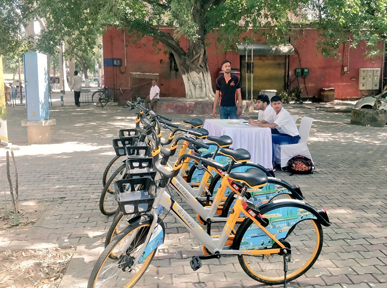
With a vision of ‘re-defining the scope of public engagement in building a city’ the EPIC (Engaging People for Inclusive Cities) tool will help city officials in implementing dynamic solutions to improve the usage of citizen-friendly projects across cities in India. EPIC allows the user to input their city of choice, the period and engagement type for which the strategy is required. Once done, the tool instantly delivers an action plan for cities which are implementable, realistic and informs cities what works and what can be worked better in their engagement systems.
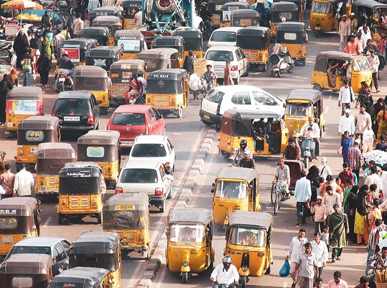
The tool ’Enable’ aids coordination among the various stakeholders to tackle traffic congestion in a city. Presently this process is time-consuming due to many issues, few being lack of data availability, non-standardized and validated datasets, administrative matters, lack of capacity and most importantly lack of a common platform to share, visualise and analyse data.

India Waste Exchange is an effort to find the key drivers, challenges and opportunities for the solid waste management market and how that can be used to handle waste management issues in India. Understanding how local solutions (Wards, Villages) and Private innovative solutions (Startup’s, NGO’s) in SWM can be systematically connected to meet the waste management requirements across India.

Preserve is an interactive digital tool to help in creating resilient and greener cities by enabling planned green cover improvement and processes to maintain the green spaces around us through participation from assigned citizen volunteers and communities. The tool currently helps citizen volunteers and officials in geotagging avenue trees. The data collection happens in a simple form format to get the near accurate location and parameters such as the tree species and road type. The output acts as a visual aid for the city planning authorities, tree/forest authorities and relevant decision-makers to plan green cover, public open spaces, non-motorised pathways and recreational amenities by bringing in the aspect of citizen science.
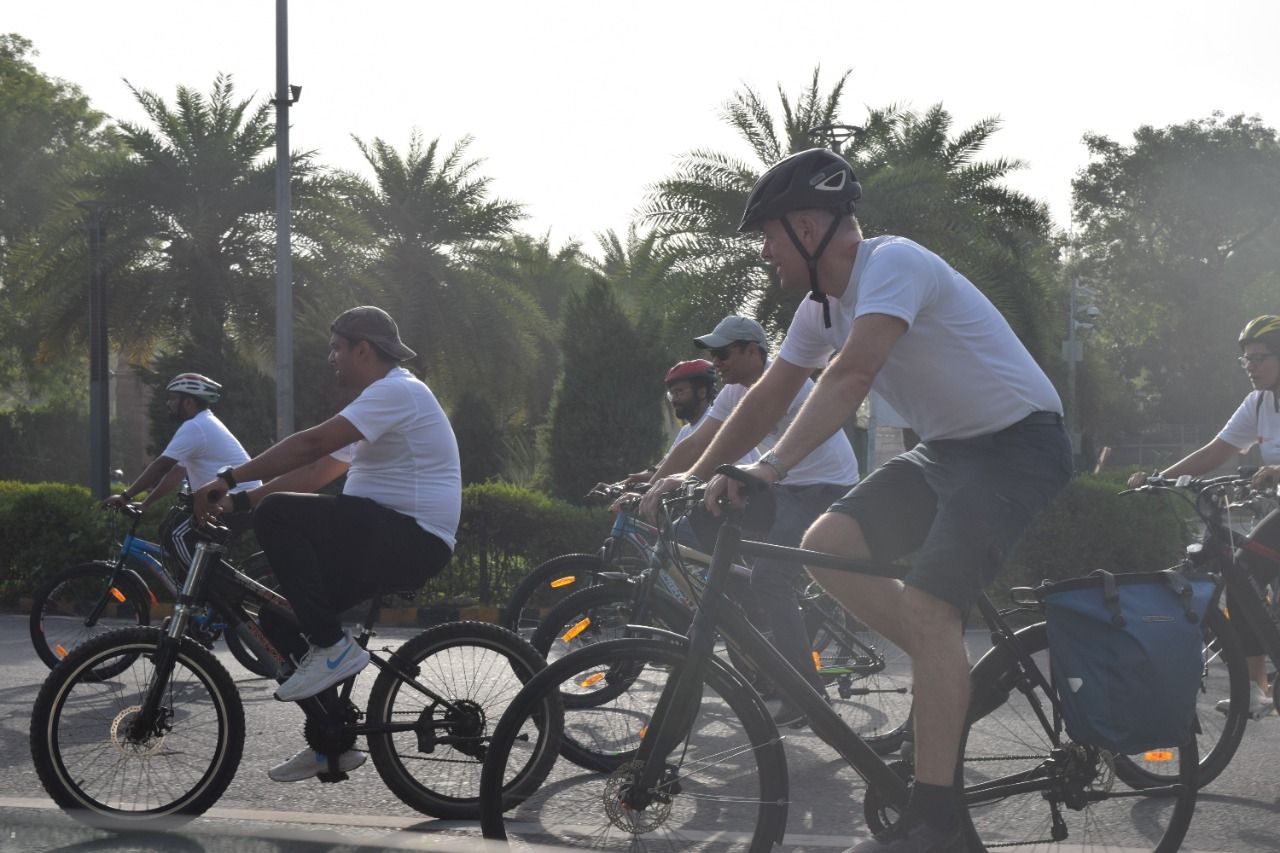
Share the Road is a citizen-centric digital initiative to promote non-motorised transport through citizen participation and data-driven decisions. The initiative is developed by Team Stride of the India Smart Cities Fellowship Program, in partnership with Chennai Smart City Limited. The solution is in the form of a mobile application and has the features to gather infrastructure and service improvement ideas, and feedback from the citizens. The application contains crowd-mapped data on good walking and cycling routes as well as cycle repair, rental and retail units spread across Chennai.

LEIP is a project conceived by MoHUA as a part of the India Smart Cities Fellowship programme. The platform aggregates and analyses data at the local level to provide economic intelligence to the administrators, researchers, and investors. LEIP uses an in-house developed Local Economic Development framework to understand where the local economy stands and places the city on a four-pillar axes. It will identify the comparative and competitive advantage of the local economy through location quotient and shift share analysis. Based on this analysis the platform will provide economic intelligence to the urban authorities, that is, identify the gaps in the ecosystem of the economy and give direction for intervention. The platform will also do cluster mapping and cluster analysis by identifying the forward and backward linkages of different sectors of the economy and thereby provide insights about sectors with growth potential.
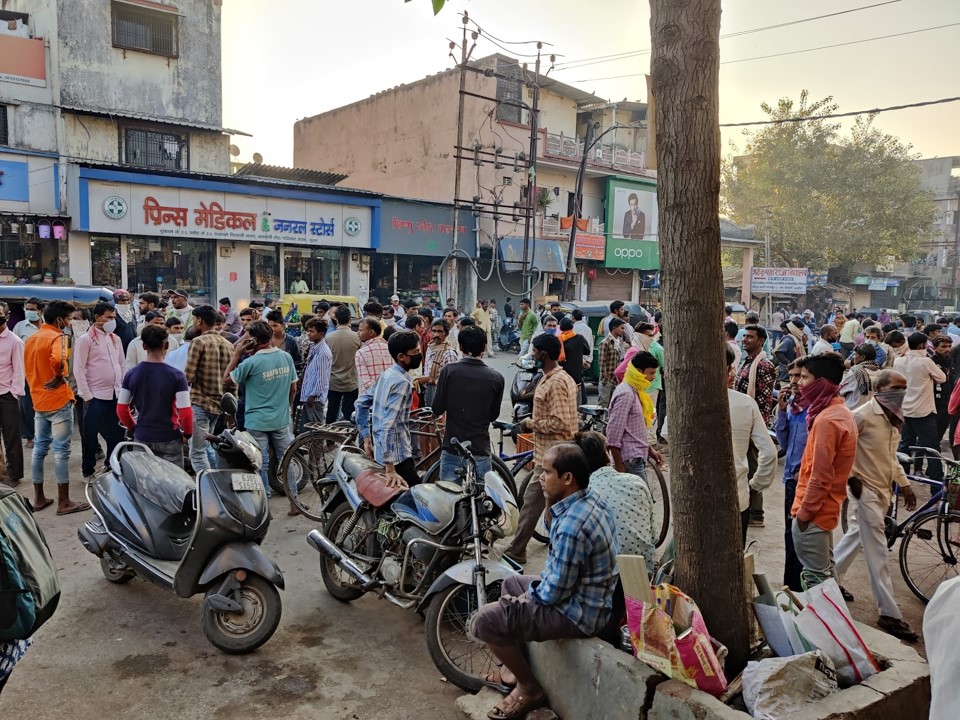
During the CoViD-19 lockdown in 2020, India witnessed mass movement of citizens both within and between states. This movement is believed to be as large as that of the 1947 Partition Exodus. Termed as 'Internal or Domestic Migrants' (approx. 60 crore population in India) are the "floating population" who move from their birth state or permanent residence to another district or state due to employment, education, marriage and disaster-induced migration amidst many other reasons. In India most of the floating population is unaccounted for which leaves them outside of the beneficiary lists for most social welfare schemes for ration, maternal care, housing, healthcare etc., which are mostly given to locals of a state who hold a domicile status. Internal migrants are also left outside of ULB-level planning for basic amenities like water supply, sanitation, power supply inter alia.
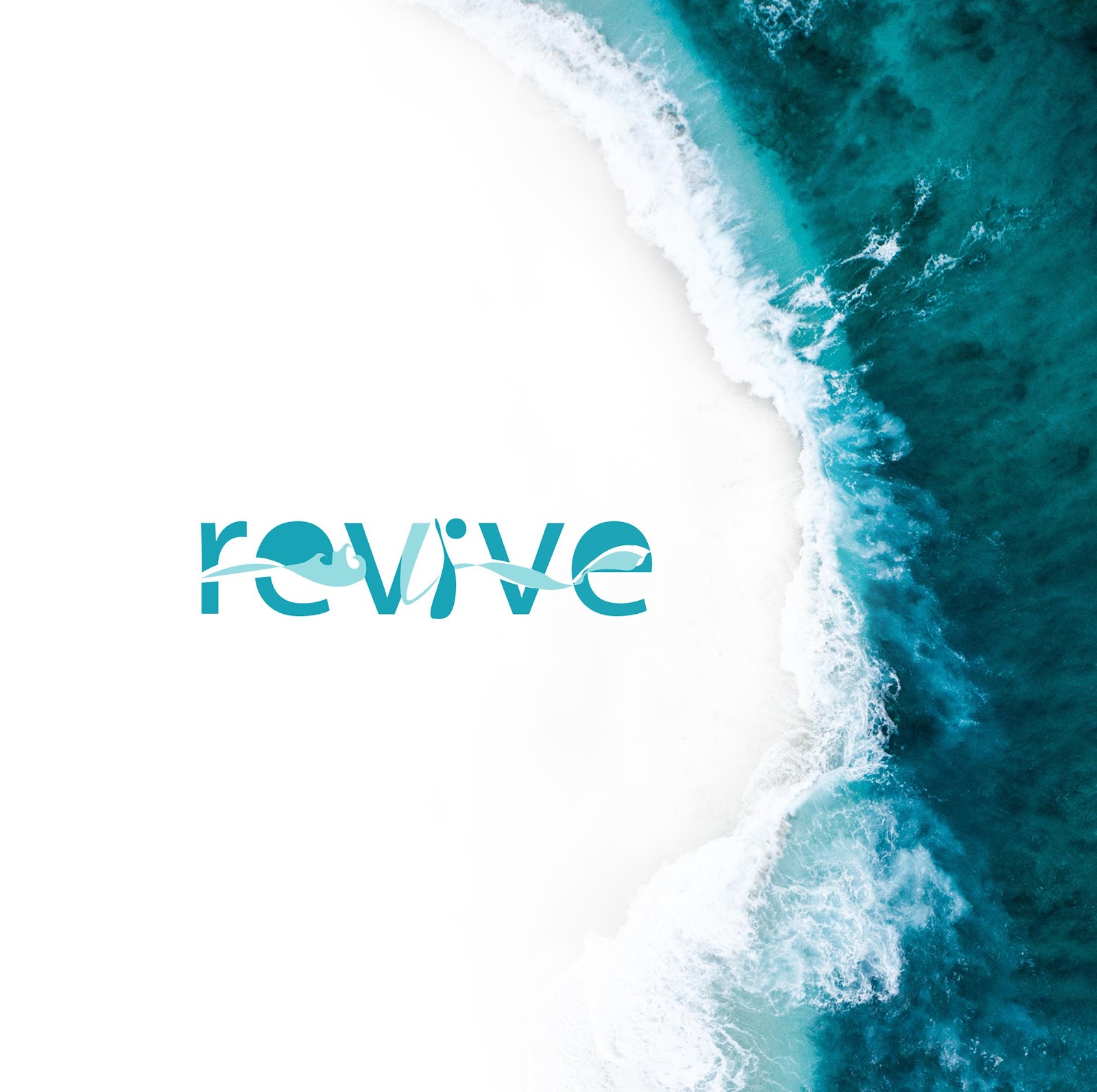
Owing to climate change and rapid urbanisation, problems related to water have become more complex in urban areas. Revive is a data aggregation tool that enables the ULB to view the data related to water and other related sectors in a spatial format. With all the data in one place, it enables the ULBs to assess the water status and infrastructure in their city and generate reports accordingly. Along with the ULB, the dashboard also enables the citizens to know about the water situation and the natural spaces of the city.

When we focus on improving the quality of education the essential goal is to have a student who has developed rationality, knows about his/her surroundings (knowledge), and imbibes human values which are very important for holistic development. So to attain the same, in the school system we have initiatives related to improving school infrastructure, teaching pedagogy, teacher training, and curriculum. SELO is a digital tool to map the socio-emotional learning outputs in young adults. This tool aims to aid the cities in achieving lifelong learning. Since the liveability index doesn’t capture education as a deciding parameter for marking a city, SELO intends to come up with an index on the basis of real-time analysis of the Socio-Emotional Learning Levels of the cities.
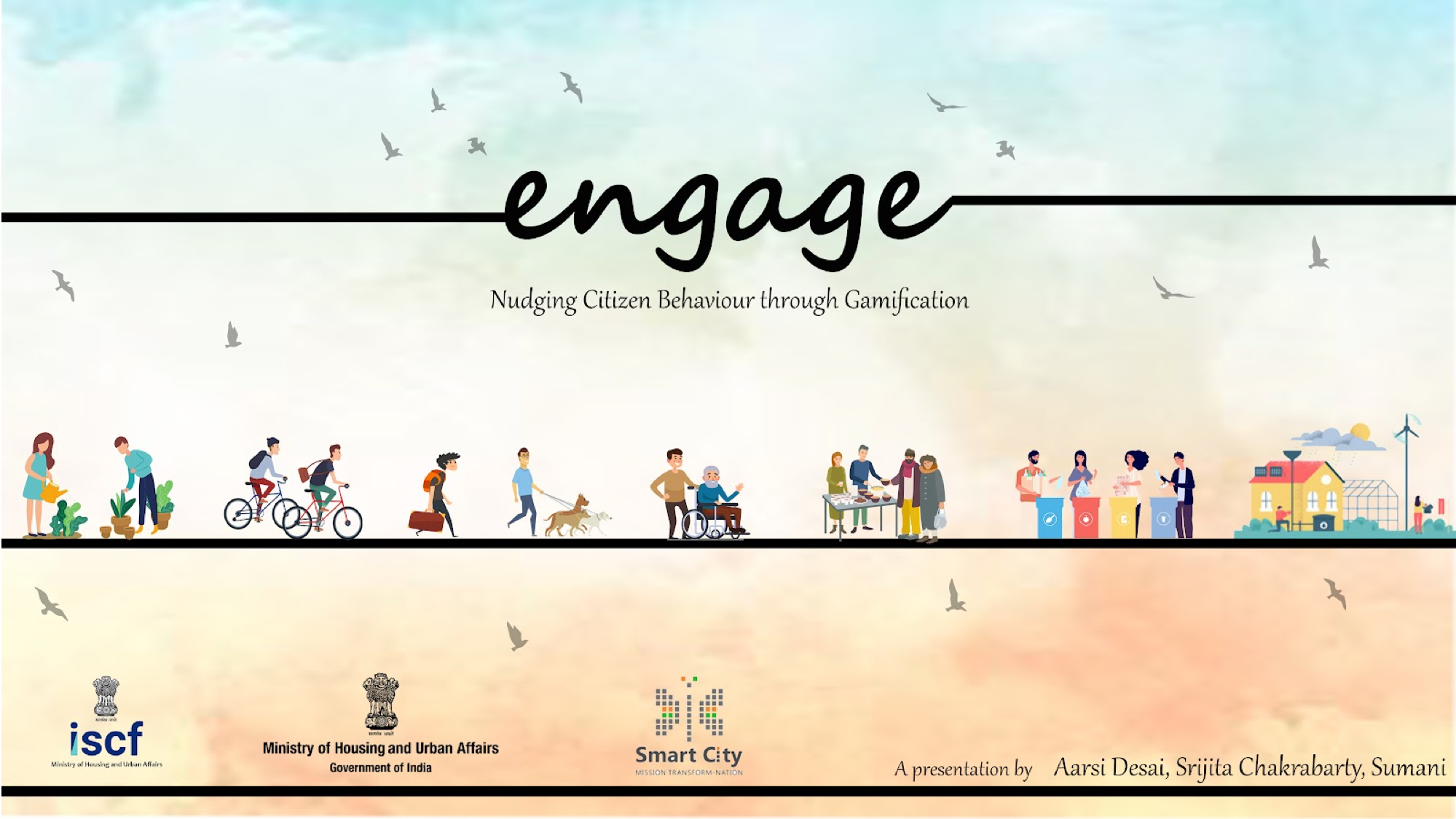
‘Mathruseva' is a digital platform to integrate the existing ecosystem of volunteering with an intent to nudge citizens towards responsible behavior through gamification. This platform can be accessed by any passionate individual, committed towards providing their enthusiastic service, and eventually progressing their community. It diminishes the hurdle of identifying volunteering opportunities while providing a wide spectrum of choices as per their interest, skill, time and location.The platform inturn increases the citizen participation in cities.
Outcomes of the application:
1. Reduce the hurdle of identifying the volunteering opportunities for volunteers, give them to select their own preference and time to participate.
2. It is a common platform for NGOs and Government organizations to post opportunities to engage volunteers without spending money in marketing/outreach.
3. It is a dashboard for all the users (volunteers, NGOs and Government organization) to see the impact of their contribution.
4. Platform will add value such as recognition of their work and socializing on social media to inspire others.
5. It also becomes a dashboard for the ULB to find out the total strength of volunteers into the city, NGOs and sectors in which most of the volunteers want to contribute

Culture Kinara is a smart tourist application that will provide not only tourists but also the locals with a seamless and authentic experience of Kashi. The application mainly consists of five key sections: Explore, Read, Travel, Watch & Chat. That's how one indulges all the senses in experiencing the essence of Kashi. In addition to this, the application comes with fully loaded features which a tourist may require throughout their trip. The application as used will generate tourist data displayed on a tourism dashboard, which the ULB and concerned departments will have access to. This will provide them with unprecedented tourist detail to enable data-driven decisions in the tourism sector of the city.
Outcomes of the application:
Enables crowdsourced cultural mapping
Enables digitisation of cultural mapping
Provides access to authentic and diverse tourist information
Acts as a Strategic Intervention to boost the local economy of tourist-centric cities
Provides the ULB with tourism analytics to establish a heritage & tourism management system
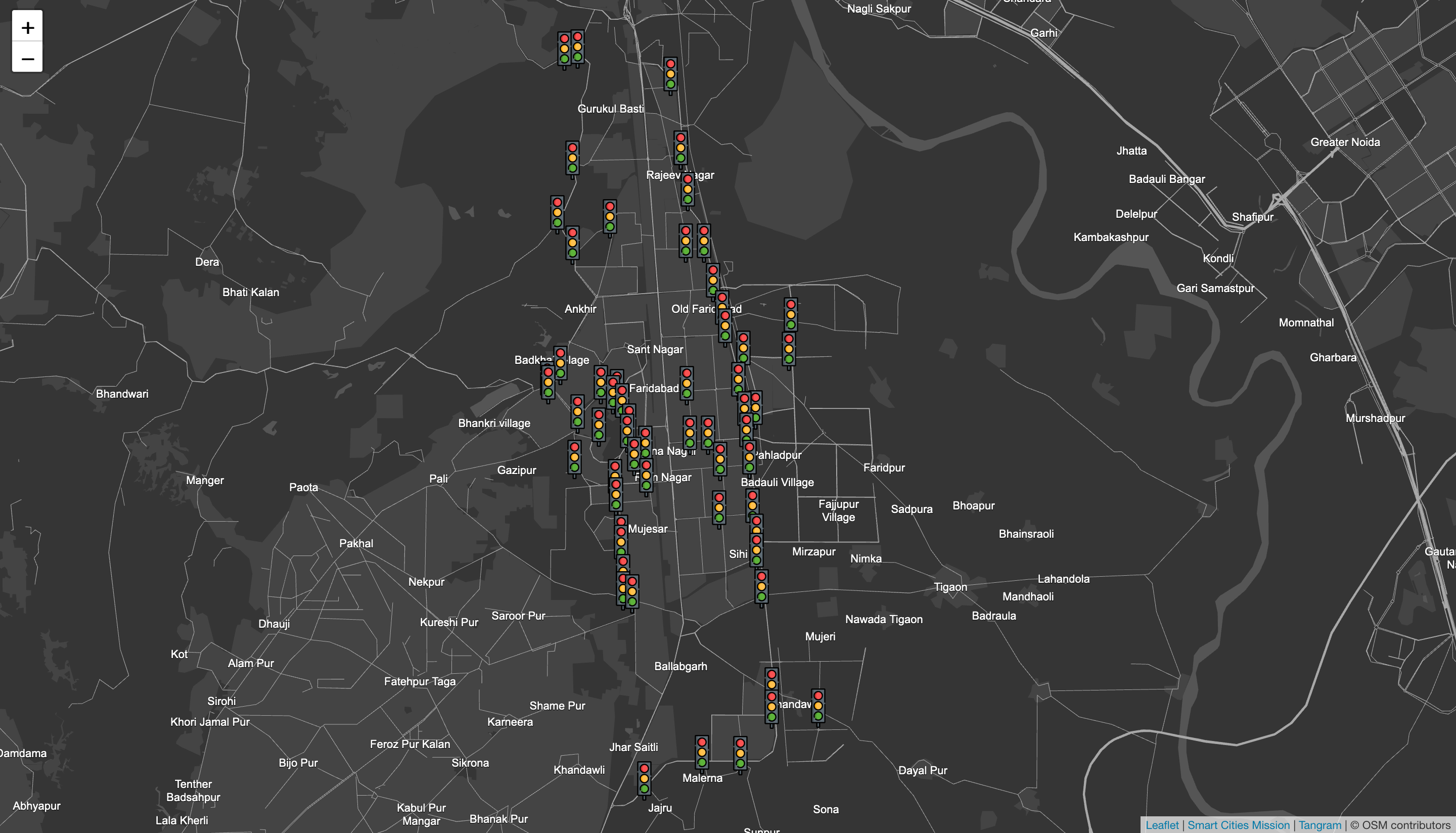
The lack of a robust data culture in India’s urban mobility sector acts as a constraint to the development of sound government policies, efficient service delivery and innovation from the private sector.
Therefore, Team Mobilize aims to build a unified DataSpace for Urban Mobility that will enable democratic sharing of standardized, high quality urban transport related datasets among various stakeholders in the quadruple helix model - Government, citizens, academia, and industry. Further, through sustained dialogue and collaboration with these stakeholders, the project hopes to incentivise a “culture of data” within the urban transport sector. Know more at https://dataspace.mobi